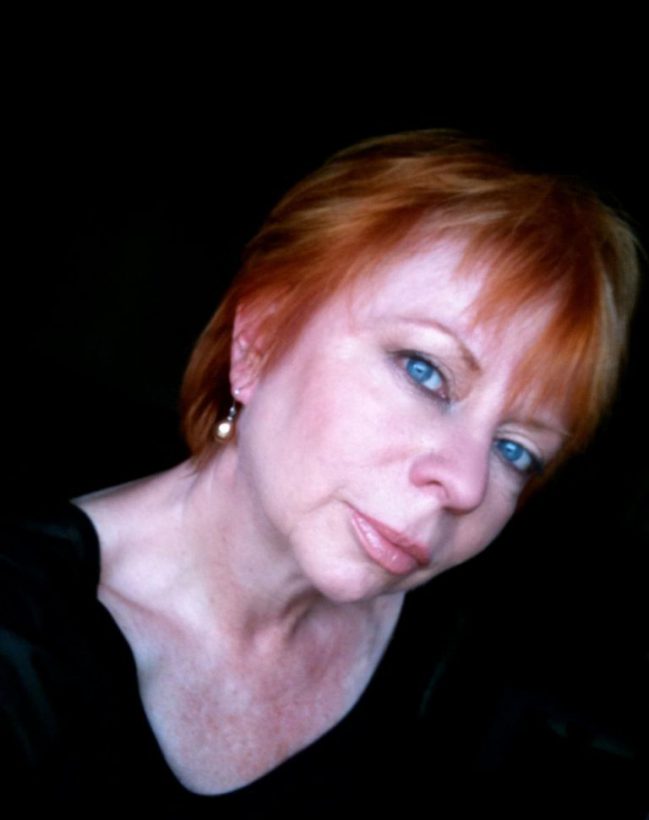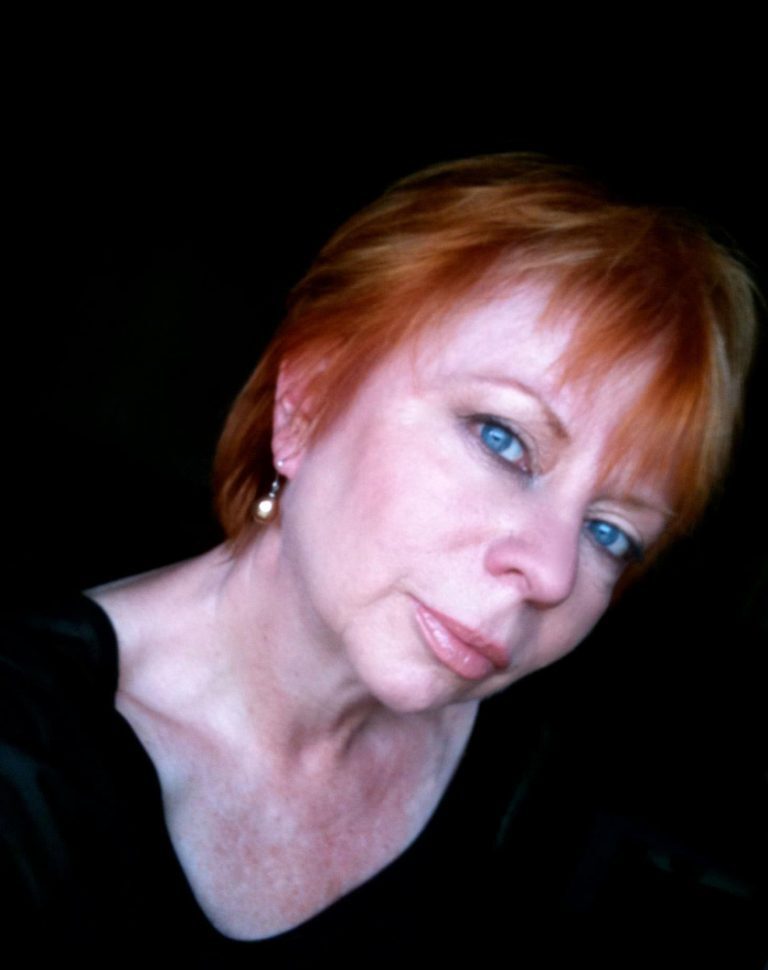Tellwell editor Kim Martins shares tips for transforming your manuscript
Get pro tips from a Tellwell book editor on perfecting your manuscript & improving your writing.
Everyone should read, read, and then read more. It exercises the brain and improves mental health, but it is also great fun to lose yourself in another world for a few hours.
Kim Martins – Editor
If you’re an aspiring author, you know how crucial it is to have your manuscript polished to perfection before submitting it to publishers. That’s where manuscript editor Kim Martins comes in. With years of experience under her belt, Kim has edited a wide range of genres and helped numerous authors refine their writing. In this exclusive interview, Kim, an Australian editor based in New Zealand, opens up about her inspiration for becoming an editor and her all-time favourite books, and shares valuable tips and advice on how authors can improve their writing and increase their chances of success.
Can you tell us about your role as a book editor at the publishing company? What are your responsibilities, and what does your typical workday look like?
I edit everything from poetry collections to memoirs and novels in most genres, and it is a joy to work with authors. My typical workday begins around 8.00 a.m., and it might include a manuscript evaluation, paying close attention to story structure and character arc. Or it might be a substantive edit of a novel, which means I look at the manuscript broadly and help the author with things like pacing, clarifying plot points or possibly ambiguous sentences, whether the narrative is being lost due to unnecessary inclusion of too much information, and so on.
Because the editing process is thorough, I might also work on manuscripts that have been through a substantive editing round and have now moved to the copy and line edit. With copy editing, grammar, spelling and punctuation are looked at as well as fact-checking, while line editing involves tightening up sentence structure so the language is sharp.
How do you approach the editing process? What are some of the key elements you look for when editing a book, and how do you work with authors to bring out the best in their work?
Before any editing, I read through the manuscript because I want to see how the narrative flows and whether there’s anything glaring that jumps off the page. Does the story hook me straight away? Does it sag in the middle? Is the book’s ending a bit rushed?
I take notes, which then feed into the substantive editing stage. Above all, I’m looking for that gripping story because behind every good story is a solid narrative arc—that rise and fall of action, the tension, the denouement (resolution). I pay attention to characters, too, because they inhabit the world the author has imagined. I particularly like flawed characters—ones who are quirky or have imperfections—because they are very relatable, they represent real life.
Another thing I look for is the strong parts of a manuscript, because they can be built on and expanded.
In the substantive edit, I will suggest to authors how their characters could be more engaging or thrilling or how tension could be ramped up. I ask an author questions to trigger their thinking or help them to look at something in a different way.

Kim is also passionate about photography – check out her blog here.
What are some common misconceptions that people have about book editing? What do you think people should know about the editing process that they might not already be aware of?
A major misconception is that an editor will interfere with or want to put their own voice into the narrative. An editor’s job is to guide and support, not rewrite. A second and very common misconception is that writers don’t need editors. No matter how good an author thinks they are there is every possibility that they become lost in their own work and are not able to trim the fat that makes the book less polished and precise. Even famous authors like Ernest Hemingway had an editor, Robert Gottlieb, who revealed the underlying structure and the beautiful but simple prose of Hemingway’s writing.
With the popularity and ease of self-publishing, a third misconception is that anyone can edit. Book editing is a skill, and editors edit day in and day out. This means editors have a wealth of knowledge and experience that the average person perhaps does not have. Editors bring fresh eyes to a book and we are constantly mastering our craft by taking courses and keeping up to date with stylistic changes.
How do you balance maintaining an author’s voice while still making sure their work is polished and professional? Can you share some examples of times when you had to make difficult editorial decisions?
I recently edited a very well-written book, but the detailed descriptions of character eye colour and what they wore interfered with the pacing. These descriptions were poetic but they took the focus off the narrative flow. In the substantive edit round, I asked the author to interrogate whether those beautiful descriptions were really needed. Did they throw the reader out of the story, even for a moment? The author came back with their revised manuscript—many of the descriptions had been cut out or trimmed and the result was a “foot on the accelerator” action novel that had me gripped from beginning to end.
Every book is the author’s baby, and an editor must never be critical or judgemental. The editor’s job is to preserve the author’s voice, but ask the tough questions, which will hopefully prompt the author to look at their manuscript through a different lens.



Visit Kim’s photoblog .
What advice would you give to aspiring authors looking to work with an editor for the first time? How can they make the most of the editing process and ensure that their work shines?
I am an author myself (gothic and historical fiction, as well as poetry). I know that one of the hardest things to do is expose your writing to an editor. It’s almost like running down the street with no clothes on!
The most important thing to understand is that an editor is not there to tear an author’s work to shreds. It is a relationship of trust, knowing that an editor is there to help, inspire, coach and guide. To make the most of the editing process, the ego and emotions must be put to one side and the author should listen to editorial observations and suggestions. This doesn’t mean that everything an editor suggests needs to be taken on board, but being open-minded will result in a fruitful working relationship.
Don’t be afraid to take advantage of the fresh perspective an editor can bring to the book.
Can you share some of your favourite books that inspired you to get into the world of publishing?
American writer Ron Carlson has a wonderful book: Ron Carlson Writes a Story (2007). It gives insight into the writer’s process as Carlson creates a story. The practical advice and Carlson’s mastery of the craft inspired me to write, but it also showed me what to watch out for as an editor.
Another book that is always on my editing desk is Stephen King’s On Writing: A Memoir of the Craft (2000). I’d say this was the book that sparked my desire to be an editor. I edited my first book in 2002.
Do you have anything else you’d like to share with our readers?
If you’re a writer, read your text out loud. You’ll hear the underlying rhythm and discover the clunky bits.
Writers should be reading all the time, soaking up how other authors approach their craft. Take notes—what is it you like or don’t likeabout the writing? What do you notice about the characters and why they’re engaging (or not)?
Everyone should read, read, and then read more. It exercises the brain and improves mental health, but it is also great fun to lose yourself in another world for a few hours.



